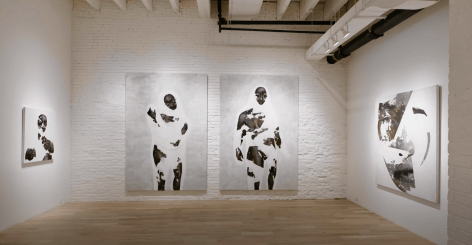
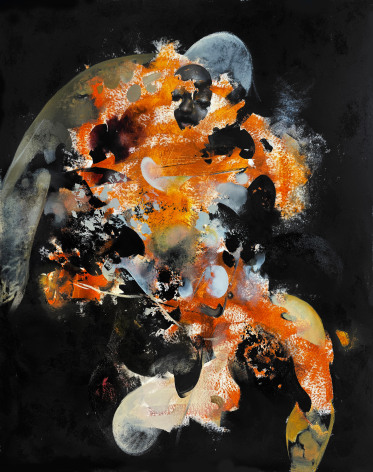
Yulia Bas, "Ow Hello Body!" SOLD
Oil and mixed media on canvas
98" x 77"
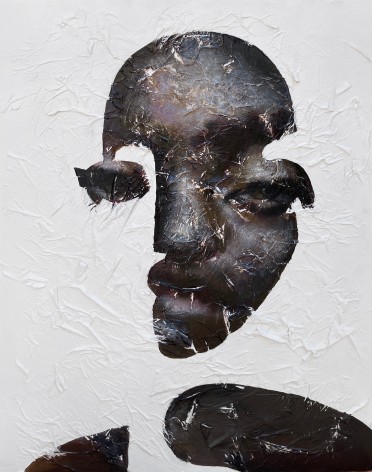
Yulia Bas, "WHAT IS FREEDOM" SOLD
Oil and paper collage on wooden panel
23.5" x 31.5"
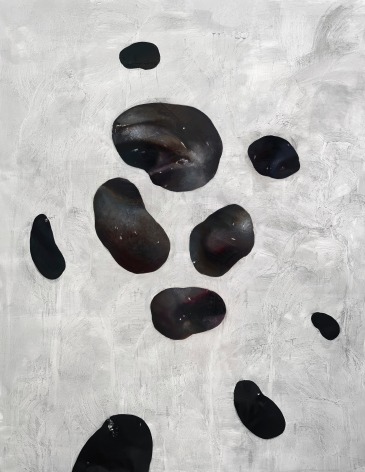
Yulia Bas, "Fragments #1"
Oil on canvas
77" x 61"
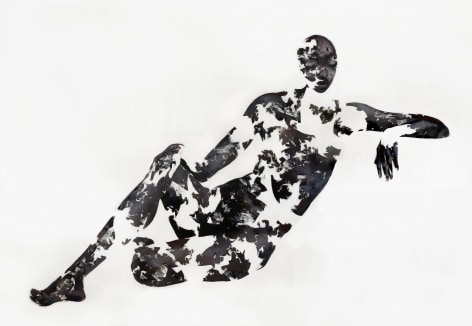
Yulia Bas , "A Colossal Effort to Rest" SOLD
Oil on canvas
78" x 113"
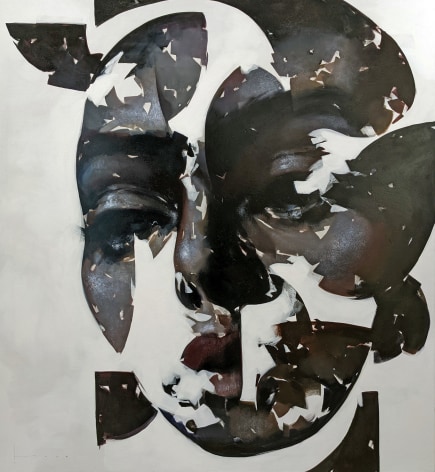
Yulia Bas, "The Way I Learn" SOLD
Oil and acrylic on canvas
71" x 63"
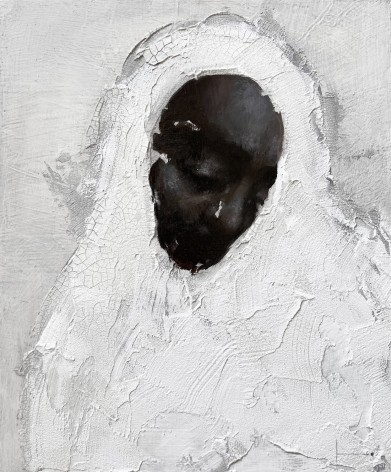
Yulia Bas, "Still"
Oil and mixed media on wooden panel
12" x 10"
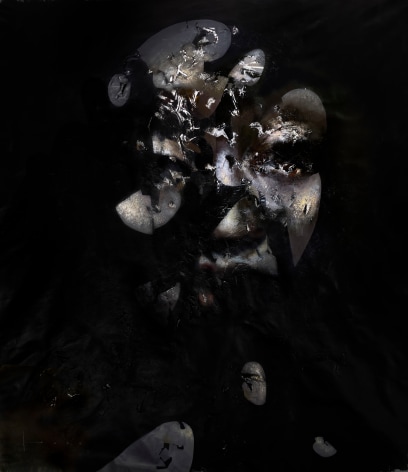
Yulia Bas, "Too Much Drama" SOLD
Oil and acrylic on canvas
77" x 69"
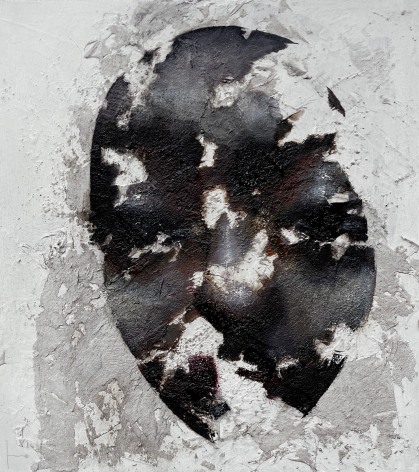
Yulia Bas, "SHELL" SOLD
Oil and mixed media on wooden panel
12" x 13.5"
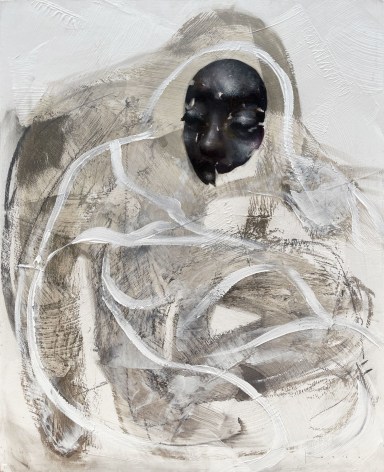
Yulia Bas, "Dilemma"
Oil and mixed media on wooden panel
32" x 25.5"
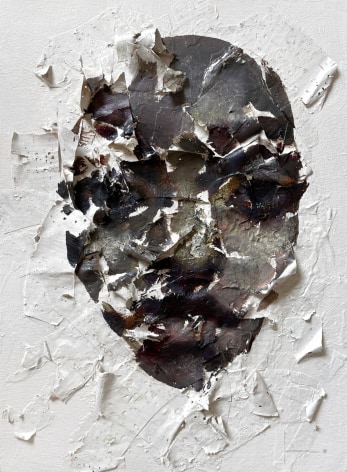
Yulia Bas, "Anonymous #7"
Oil and cork shavings collages on wooden panel
13" x 10"
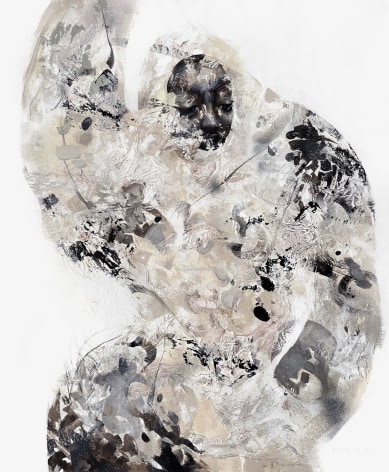
Yulia Bas, "Documentary" SOLD
Oil and mixed media on canvas
79" x 65"
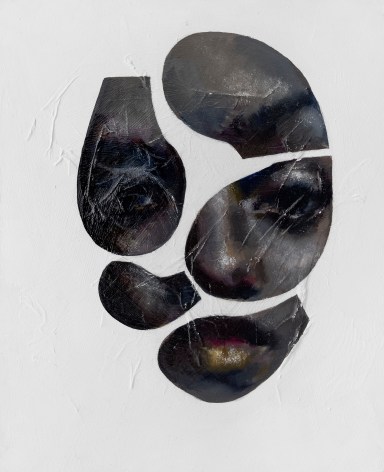
Yulia Bas, "Anonymous #3"
Oil and paper collage on wooden panel
16" x 13"
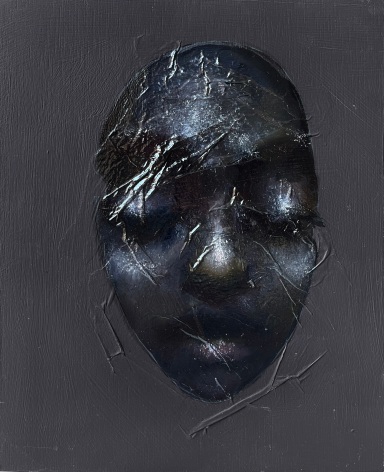
Yulia Bas, "Anonymous #4"
Oil, acrylic and paper collage on wooden panel
11" x 9"
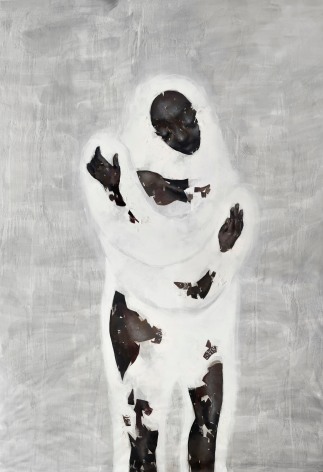
Yulia Bas, "Sisters COMPASSION"
Oil and mixed media on canvas
110" x 75"
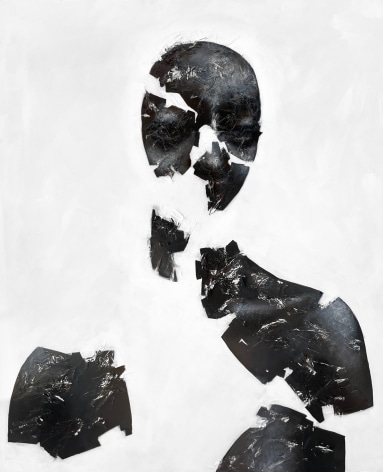
Yulia Bas, "ADJUST" SOLD
Oil and mixed media on wooden panel
39" x 31.5"
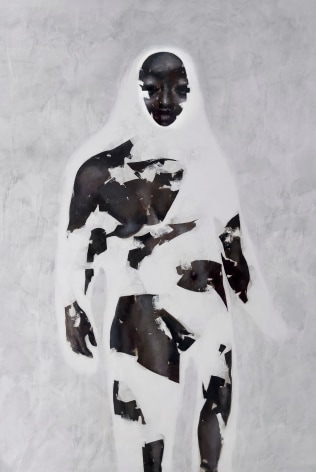
Yulia Bas, "Sisters MIGHT"
Oil and mixed media on canvas
110" x 75"
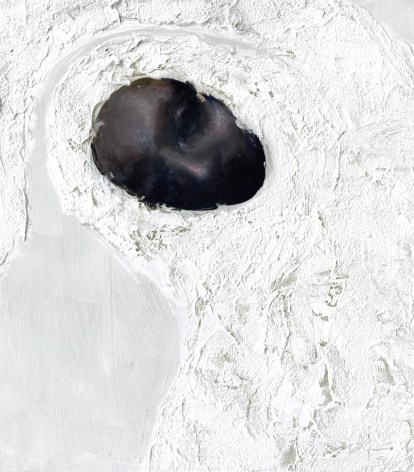
Yulia Bas, "Playing the Saint"
Oil and mixed media on wooden panel
16" x 13"
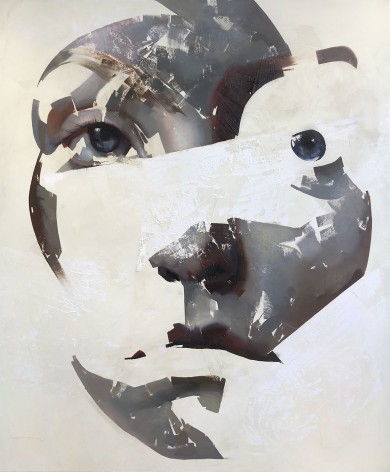
Yulia Bas, "TRUE" SOLD
Oil and acrylic on canvas
67" x 55"
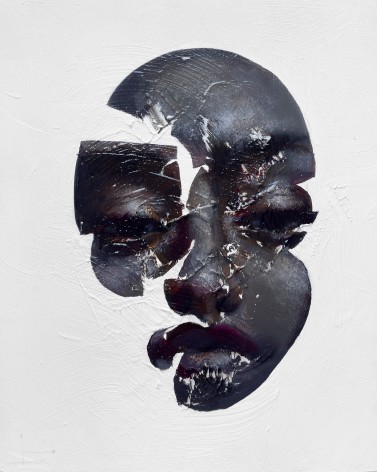
Yulia Bas, "Anonymous #5"
Oil and acrylic on wooden panel
16" x 13"
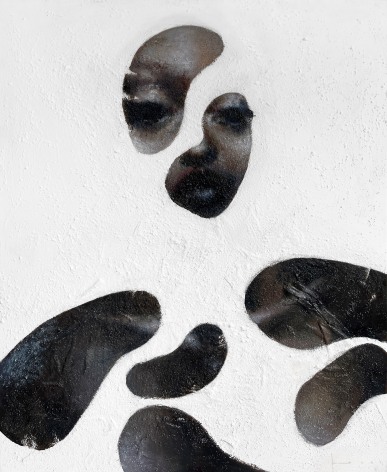
Yulia Bas, "ALLEGORY"
Oil and mixed media on canvasx
39" x 31.50"
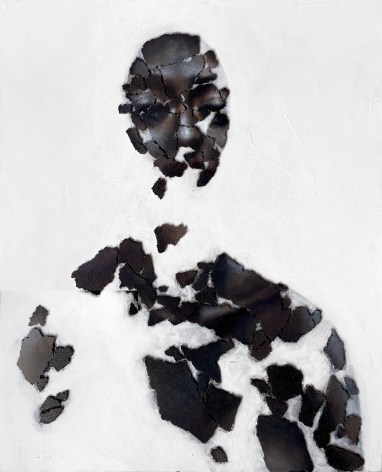
Yulia Bas, "MY SPACE" SOLD
Oil and cork collage on wooden panel
31.5" x 39"
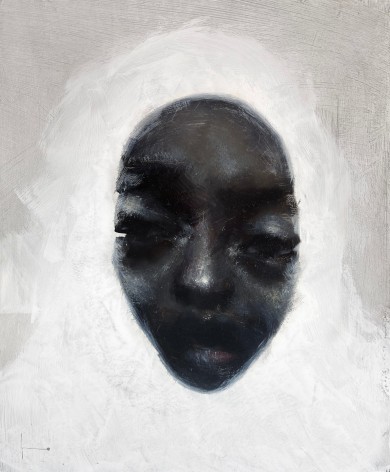
Yulia Bas, "You Can't Be Absent"
Oil and acrylic on canvas
16" x 13"
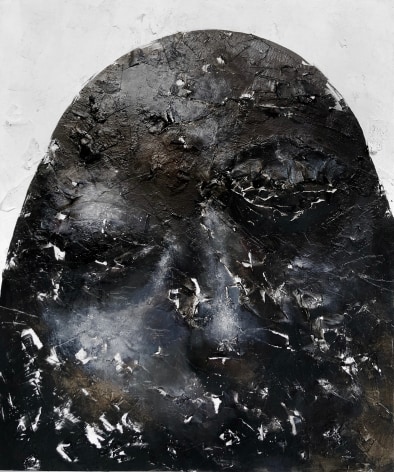
Yulia Bas, "INSIDE" SOLD
Oil and cork collage on wooden panel
21" x 25.5"
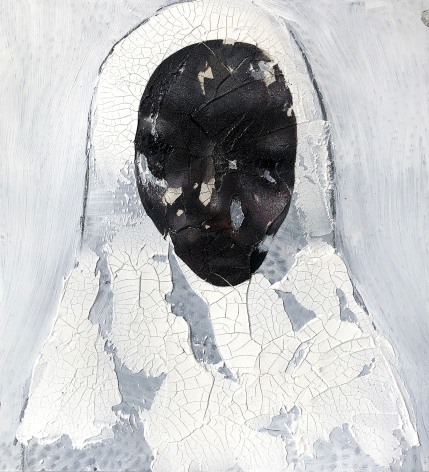
Yulia Bas, "WANDER"
Oil and mixed media on wooden panel
13.5" x 12"
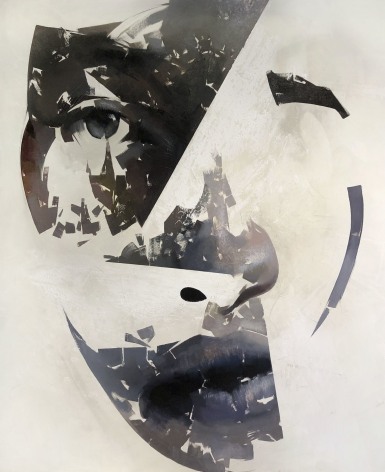
Yulia Bas, "COME BACK" SOLD
Oil and acrylic on canvas
67" x 55"
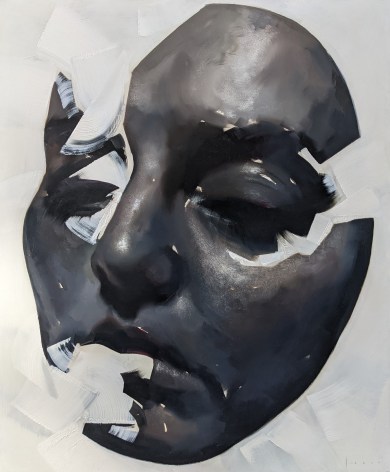
Yulia Bas, "Nova III" SOLD
Oil on canvas
67" x 55"
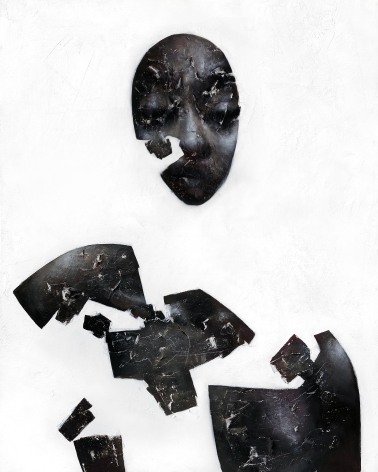
Yulia Bas, "BETWEEN US" SOLD
Oil and cork collage on wooden panel
39.5" x 31.5"
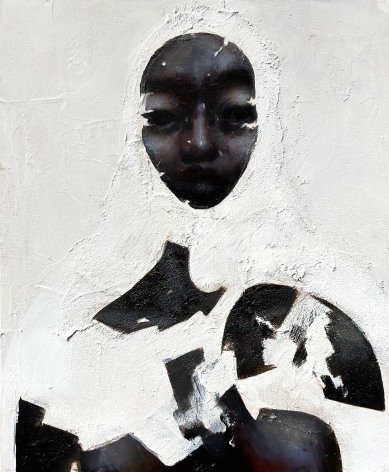
Yulia Bas, "BEGINNING"
Oil and mixed media on wooden panel
16" x 12"
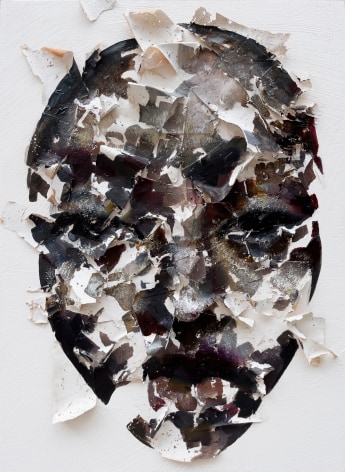
Yulia Bas, "Anonymous #2" SOLD
Oil and cork on wooden panel
16" x 13"
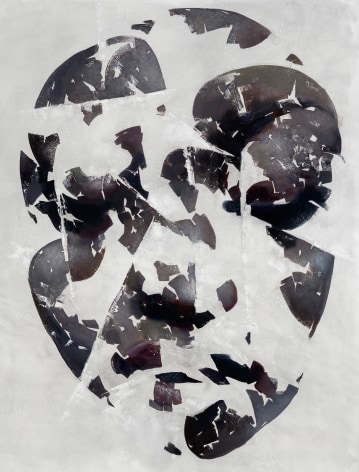
Yulia Bas, "Fragments #2" SOLD
Oil and acrylic on canvas
77" x 59"
Yulia Bas uses fragmentation and anti-portraiture in her new body of work to comprehend and construct her own liminal identity. Born in Russia, the artist moved to Western Europe where she found herself between two cultural poles. She constantly ques - tions, absorbs and sheds fragments of tradition, narratives, and ancestral memories, in order to ground herself in a space defined by constant change. While these nomadic periods force Bas to repeatedly split herself, her work explores her resolution; this self-fragmentation actually creates a fullness that would be absent in the presence of stagnation.
The composite nature of Bas’ identity is reflected in the diverse media with which she works and the colours therein. Her work is divided into two main stages: the priming and layering of the material and then oil painting. The initial stage is instinctual and abstract; she neither plans nor quantifies her material, rather she asks herself what the canvas or panel could reveal about her subject who is, in most cases, herself. She uses this textured priming as a map that frees her from a blank canvas and that gives her context for the version of the self she will paint.
The result of this intuitive and fluid process is then a visual representation of a person’s complex archive of internal experiences and circumstantial history.
Just as the portraiture conveys not the appearance of the person but the appearance oftheir inner world, the background of the painting becomes the background of the person; their experiences, past behaviours, cultural traditions in which they’ve been steeped, the history of their subconscious, and even intellectual tensions between two languages.
When Bas transitions into painting, the resultant self that appears on the canvas or panel is fragmented, and often dark. These dark facial fragments, the hidden processes of the human mind, the innate friction between an excess of critical thought and the body’s autonomy, concede that the psyche sometimes fails to serve, and instead overcomplicates our search for inner peace.
While intensely personal, Bas’ work reflects universal qualities; human shades of darkness and light that speak to the ever-present tension between primal instinct and the mind’s relentless urge to evaluate, define, and anchor itself in the midst of transition or uncertainty. For Bas, however, such stability can only be found in growth and movement, and such a paradoxical resolve is only possible if one is willing to accept that change is the only constant, and that displacement is only a state of mind.